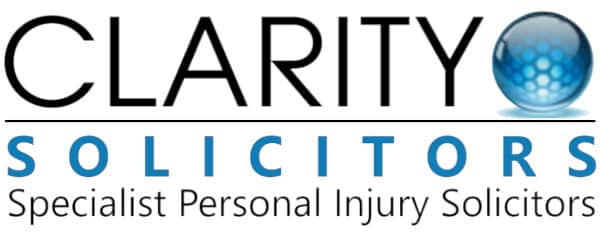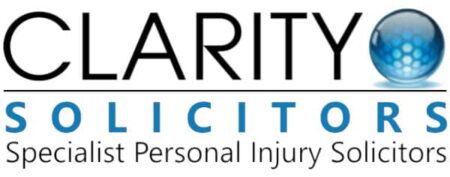Serious Injury Claims
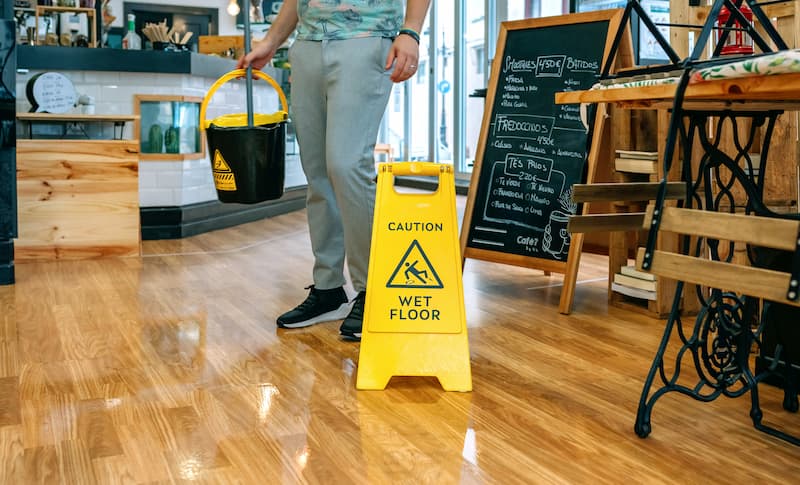
Seeking Legal Support After an Occupiers Liability Injury
At Clarity Solicitors, we understand that individuals have a right to safe and well-maintained premises when they visit or reside in properties owned or managed by others.
When injuries occur due to the negligence of property owners or occupiers, it can have a profound impact on the victim’s well-being.
Our specialised team is committed to providing expert legal support to those who have suffered injuries as a result of occupiers liability issues, such as falls caused by poorly maintained premises, floors and surfaces, or other hazardous conditions in private, public, or rented property.
Start Your Claim Today
If you are looking to make a claim, contact our expert team today for a strictly confidential, free consultation, to discuss whether you might have a case and how we can help.
If you who have been injured on someone else’s property due to hazardous conditions or negligence on the part of the property owner or occupier, then you can pursue a claim based on the legal principle of occupiers’ liability, which holds property owners or occupiers responsible for maintaining safe premises and protecting visitors from foreseeable risks of harm. Here’s what you should know about occupiers’ liability claims:
1. Duty of care: Property owners or occupiers owe a duty of care to visitors, customers, employees, or tenants who enter their premises. This duty requires them to take reasonable steps to ensure the safety of the premises and address known hazards or risks that could cause harm to others.
2. Types of visitors: In occupiers’ liability claims, visitors to the premises are typically categorized into three groups:
- Invitees: Individuals who are invited onto the premises for a lawful purpose, such as customers in a store or guests at a social gathering.
- Licensees: Individuals who have permission to be on the premises but are not necessarily invited, such as social guests or friends.
- Trespassers: Individuals who enter the premises without permission or lawful authority.
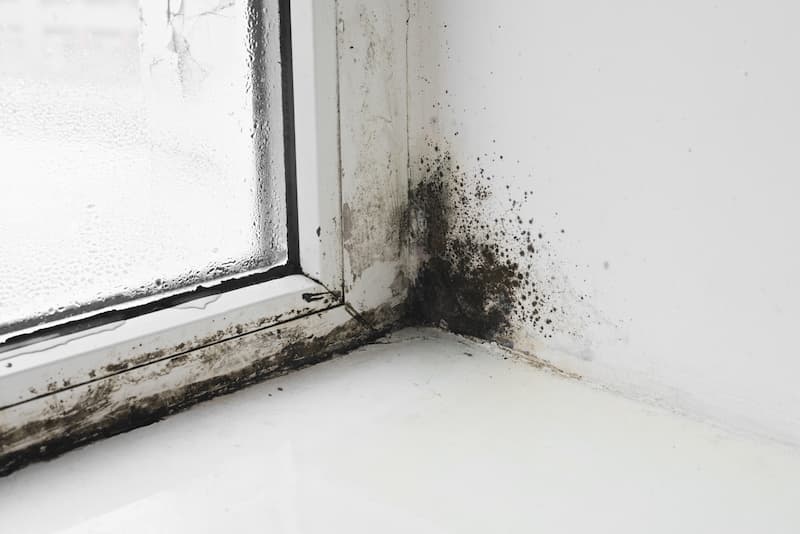
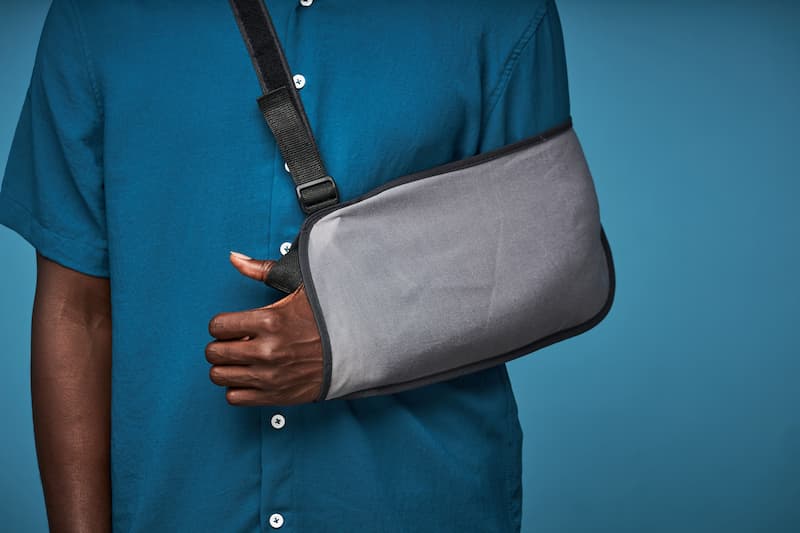
3. Standard of care: The level of care owed to visitors depends on their status and the nature of their presence on the premises. Property owners or occupiers have a higher duty of care towards invitees and licensees, while their duty towards trespassers is more limited.
4. Foreseeability of harm: To establish liability in an occupiers’ liability claim, the injured party must demonstrate that the property owner or occupier knew or should have known about the hazardous condition that caused the injury and failed to take reasonable steps to address it.
5. Types of hazards: Hazardous conditions that may give rise to occupiers’ liability claims include slippery floors, uneven surfaces, inadequate lighting, defective stairs or handrails, falling objects, and other dangers that could cause slips, trips, or falls.
Individuals who have been injured on someone else’s property due to hazardous conditions or negligence may be eligible to pursue a premises liability claim against the property owner or occupier. This may involve seeking compensation for medical expenses, lost wages, pain and suffering, and other damages resulting from the injury.
If you’ve been injured on someone else’s property and believe that the property owner or occupier was negligent, then get in touch with our
Call us Today:
0161 480 4488
Or Request a Callback >
FAQs
What is occupiers liability, and when can I claim for an injury suffered on someone else's property?
Occupiers liability refers to the legal responsibility of property owners or occupiers to maintain safe premises for visitors and tenants. You can claim for an injury suffered on someone else’s property when negligence or a breach of duty of care by the responsible party led to your injury.
Who can be held responsible in an occupiers liability claim?
Various parties can be held responsible, including property owners, landlords, property management companies, and other occupiers. The responsible party depends on their role in owning or managing the property. We are experienced in tracing the responsible party.
How do I prove liability in an occupiers liability claim?
To prove liability, you need to demonstrate that the responsible party owed you a duty of care, breached that duty, and that the breach directly caused your injury. Gathering evidence, such as photographs, witness statements, and property maintenance records, is essential. We can assist you with obtaining this to prove your claim.
To prove liability, you need to demonstrate that the responsible party owed you a duty of care, breached that duty, and that the breach directly caused your injury. Gathering evidence, such as photographs, witness statements, and property maintenance records, is essential. We can assist you with obtaining this to prove your claim.
In the UK, there is generally a three-year time limit from the date of the injury or from when you became aware of your injury to file an occupiers liability claim. However, it’s advisable to consult a solicitor promptly, as exceptions may apply.
How much compensation can I expect for an occupiers liability injury?
The amount of compensation varies based on factors such as the severity of your injuries, medical expenses, loss of earnings, and other losses. A solicitor can assess your case and provide an estimate of the potential compensation you may receive.
